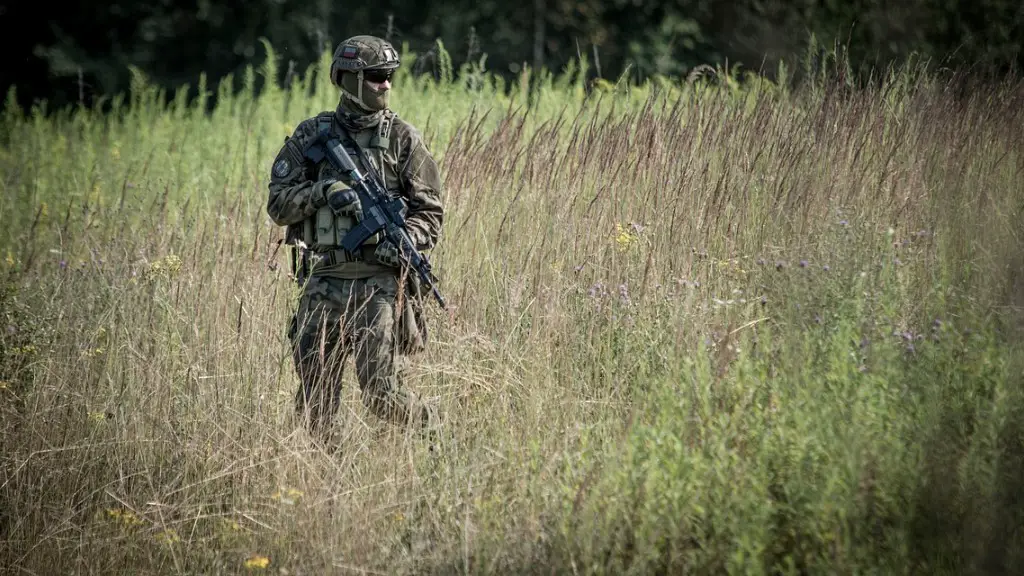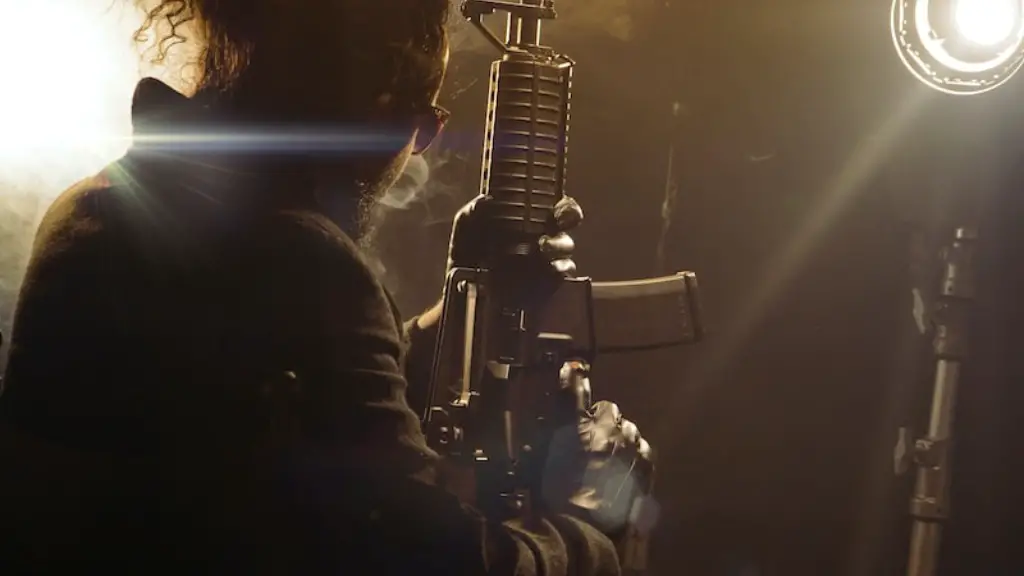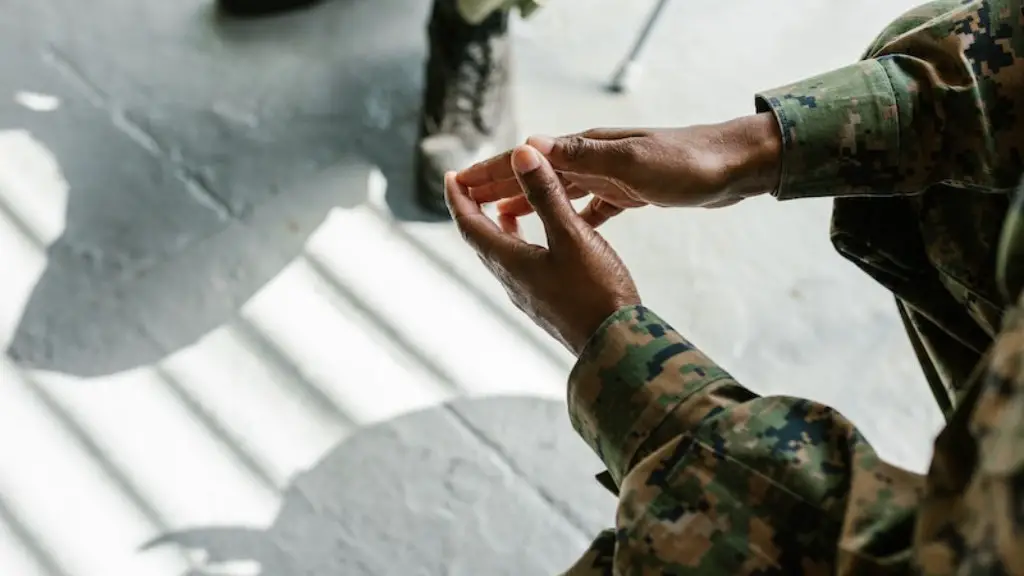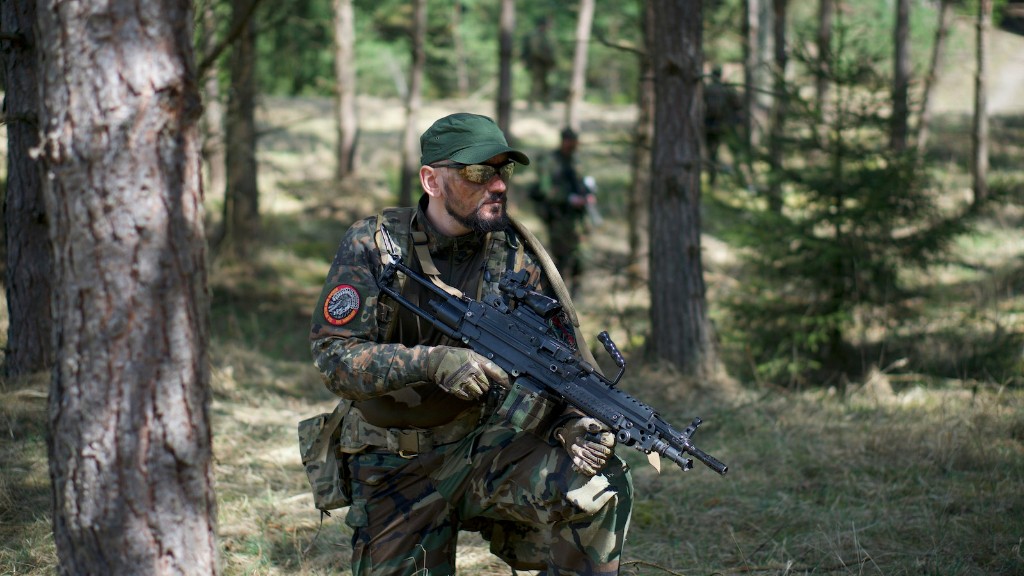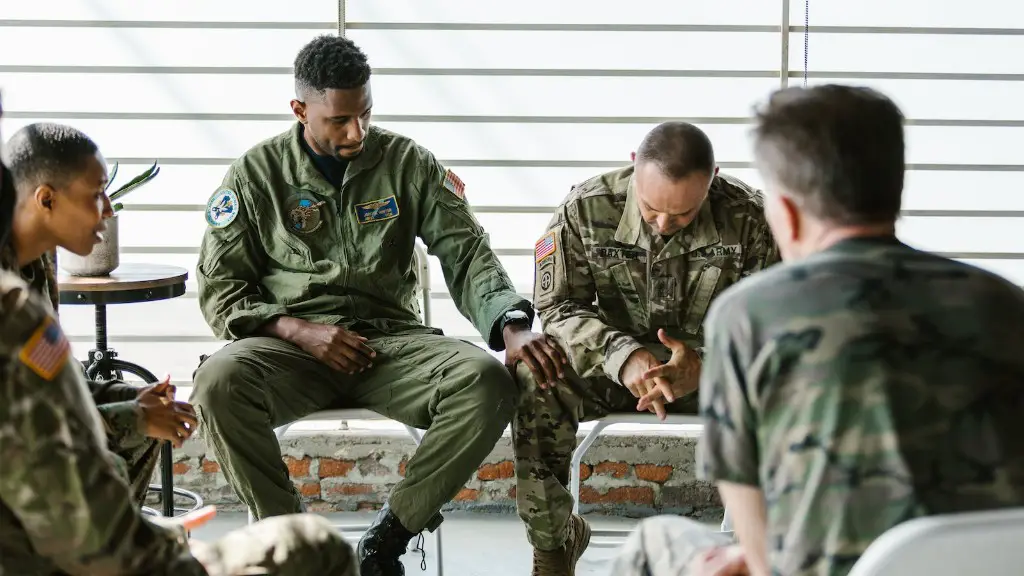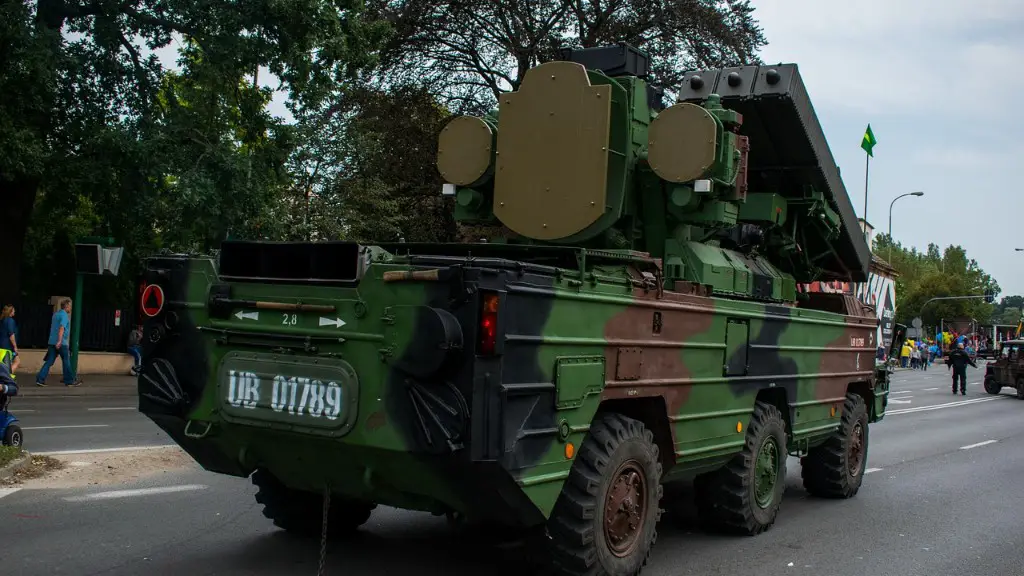Army basic training is a physically and mentally demanding process that transforms civilians into soldiers. The program is divided into three phases, each with a different focus. The first phase is designed to teach new recruits the basics of military life and how to follow orders. The second phase focuses on developing combat skills, and the third phase prepares soldiers for their role in the Army.
Most Army basic training takes place at one of several Military Entrance Processing Stations (MEPS) around the country. New recruits begin their Army careers by taking the Armed Services Vocational Aptitude Battery (ASVAB) test to help assess their strengths and determine which job assignments would be the best fit.
After completing the ASVAB, recruits will undergo a physical examination and meet with a military counselor to discuss their career options. Once they have been cleared for service, recruits will attend basic training.
Army basic training is eight weeks long and is divided into three phases. The first phase, Red phase, is the most intense and focuses on teaching recruits the basics of being a soldier. This includes:
– Drill and ceremony
– Weapons training
– Physical conditioning
– First aid
The second phase, White phase, focuses on more advanced military skills. This includes:
– Map reading
– Survival training
– Comfortable living in field conditions
The final phase, Blue phase, prepares recruits for their transition to their first duty station. This includes:
– Job-specific training
– Sexual harassment/assault response and prevention training
– Financial management
Is Army basic training really that hard?
Basic Training is certainly challenging, but it is meant to push you to become the best version of yourself. You will develop mentally and physically to overcome things you didn’t think possible. You’ll also realize that the military and Drill Sergeants are not here to break you.
Boot camp is a tough process, but it is rewarding one that many service members value for life. To succeed in boot camp, you should prepare yourself physically and mentally. Daily cardio, weight training, pushups and situps are a must. You should also practice arriving early on a regular basis and sticking to a strict schedule.
What’s the hardest thing about Army basic training
Red phase is the starting phase of Army Basic Training, and is typically considered the hardest part. The entire phase, which is 3 weeks long, is devoted to constant calisthenic exercise and you will be spending much of your time in the push-up position. You will be learning basic military skills and drills during this phase, so be prepared for long days and a lot of hard work. But once you get through red phase, the rest of training will be a breeze in comparison.
During training exercises, service members may sleep fewer than five hours per night. Typically, that five hours is split up into multiple episodes of sleep, usually lasting less than two hours each.
Do you get hit in basic training?
The purpose of the Marine Corps’ “Recruit Training” is to turn young men and women into Marines. The process is highly structured and disciplined, and designed to break down the recruits’ individuality and sense of self, so that they can be rebuilt into Marines who are willing to follow orders without question.
While the recruits are never physically harmed or assaulted, the drill instructors do come close, and they do everything for a purpose. Everything in the training is rehearsed, manufactured, and engineered, in order to create the best possible Marines.
It is possible to fail basic training. You could go through the trouble of leaving your home, job, family and friends and come back a failure. In fact, this happens to about 15% of recruits who join the military every year.
How much do you get paid in basic training?
An E1 is the lowest rank in the US military, and recruits can expect to earn an annual salary of around $20,170. Basic Military Training (BMT) is 10 weeks long, and the average E1 payment for BMT is around $3,800, which includes meals and housing.
In military basic training, there is no such thing as sleeping in. You’ll get up at 5 am every day. Waking up in the morning is an adjustment process that is the same for every basic training class.
Do you go home after basic training
Soldiers in basic training are not given much time to go home before AIT school. Check-in is most often the day after graduation, if not the same day. This can be hard on soldiers who have family and friends they want to see. But it is important to remember that soldiers in training are preparing to deploy and their time is very important.
While boot camp / basic training is considered challenging, yet mandatory, for every branch of the military, the easiest among them would most likely be the Air Force. The Air Force focuses on teaching its recruits the basics of military life and how to perform their duties. There is a lot of emphasis on following orders and working as a team. The Air Force also provides its recruits with the best possible living conditions and meals.
Why do people fail basic training?
If you are not able to complete basic training, you will be medical separated from the Air Force. This means that you will not be able to continue serving in the Air Force. However, you may still be entitled to some veteran benefits depending on how long you served.
Shower time is a precious commodity in the army. Make sure you are in the shower room assigned to your barracks when your instructor tells you to be. The shower area is one large tiled room with multiple shower heads along the walls. Your instructor will give you a time limit for your shower and tell you when you may take your shower during the day or night.
Do they sleep deprive you in basic training
It is well known that members of the military have to endure long hours and often get very little sleep. However, a new study has found that sleep deprivation can have a significant impact on soldiers during basic training.
According to Military Medicine, military participants reported a three hour reduction in average sleep time from a rough eight to nine hours at home to five to six hours during BCT. This lack of sleep can lead to a number of problems, including decreased vigilance, poorer marksmanship, and increased risk of accidents.
Sleep deprivation is a serious issue that needs to be addressed in the military. With the demanding nature of military training, it is important that soldiers are able to get the proper amount of rest so that they can be at their best.
Reveille is a bugle call, trumpet call, drum, fife-and-drum or pipes call most often associated with the military; it is chiefly used to wake military personnel at sunrise.
How many miles a day is basic training?
The topic is about a running program that has evolved over time. It began with running a mile every other day, and has now increased to running 2-3 miles each day. The program is based on someone’s individual pace, and they are placed in a group according to that pace.
Cell phones are only to be used under direct supervision of a staff member during the fourth and seventh week of training. This is to firm up travel arrangements with family and guests.
Is basic training all yelling
Yelling is a way to get someone’s attention. In military basic training, yelling is the most common corrective action because it is a way to get someone’s attention quickly. If you perform some boneheaded stunt, your training instructor is going to let you know about it loudly. Don’t discount being yelled at as a punishment.
You will need to get six vaccinations in order to protect yourself from diseases such as measles, mumps, diphtheria, flubicillin, rubella, and smallpox. It is important to make sure that you are up-to-date on all of your vaccinations, and speak with a healthcare professional if you have any questions or concerns.
Warp Up
Basic training for the U.S. Army is an intense and demanding experience. New recruits must complete a rigorous training program that includes physical fitness, basic combat training, and specialized training in their chosen career field. The training is designed to prepare soldiers for the challenges of military life and to instill in them the values of the Army: loyalty, duty, respect, selfless service, honor, and integrity.
After completing basic training, soldiers are better physically and mentally prepared to serve in the Army. They have learned basic military skills and discipline, and are able to work as a team. Basic training is demanding, but it is also rewarding, and it gives soldiers a sense of pride and accomplishment.
